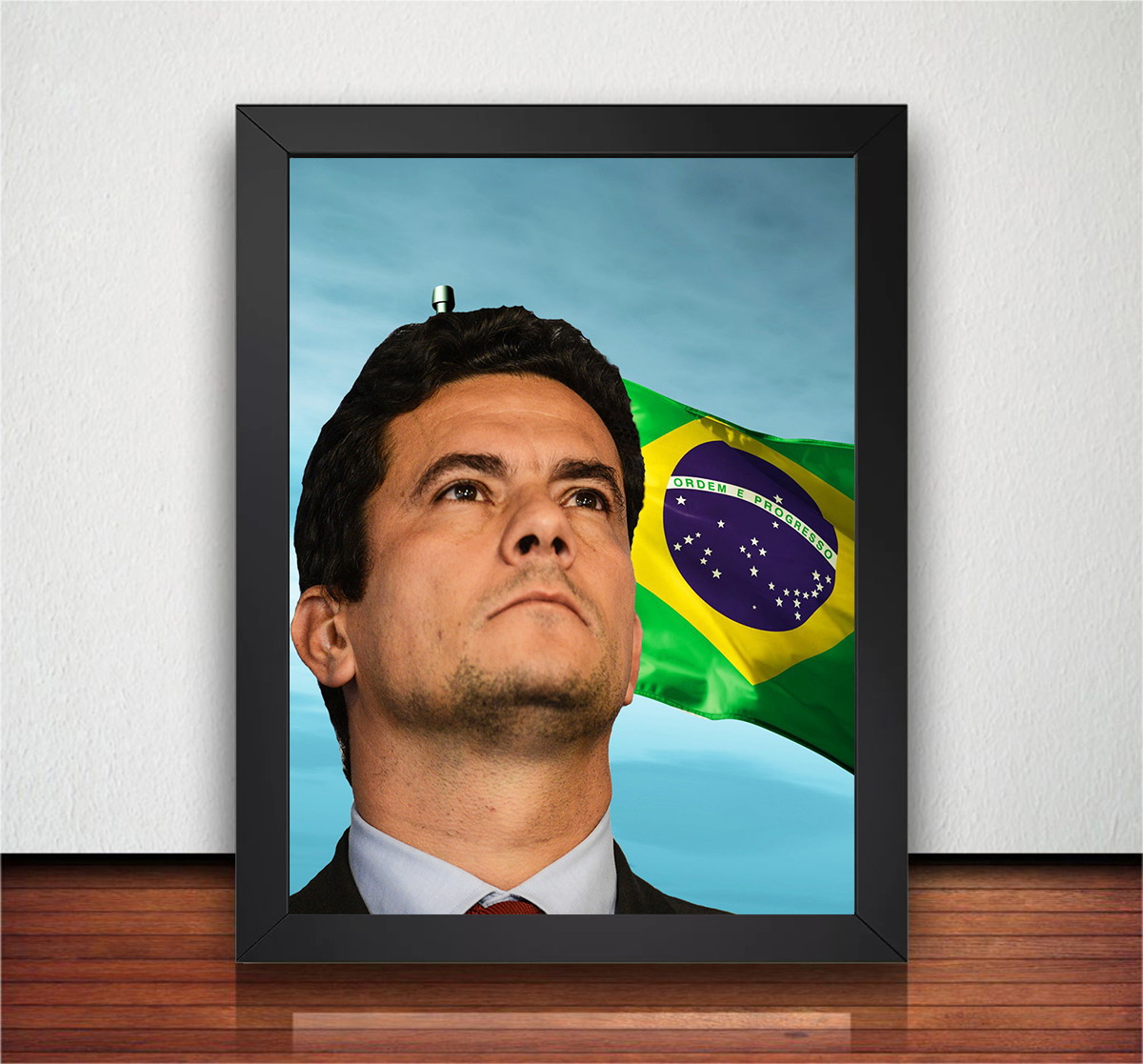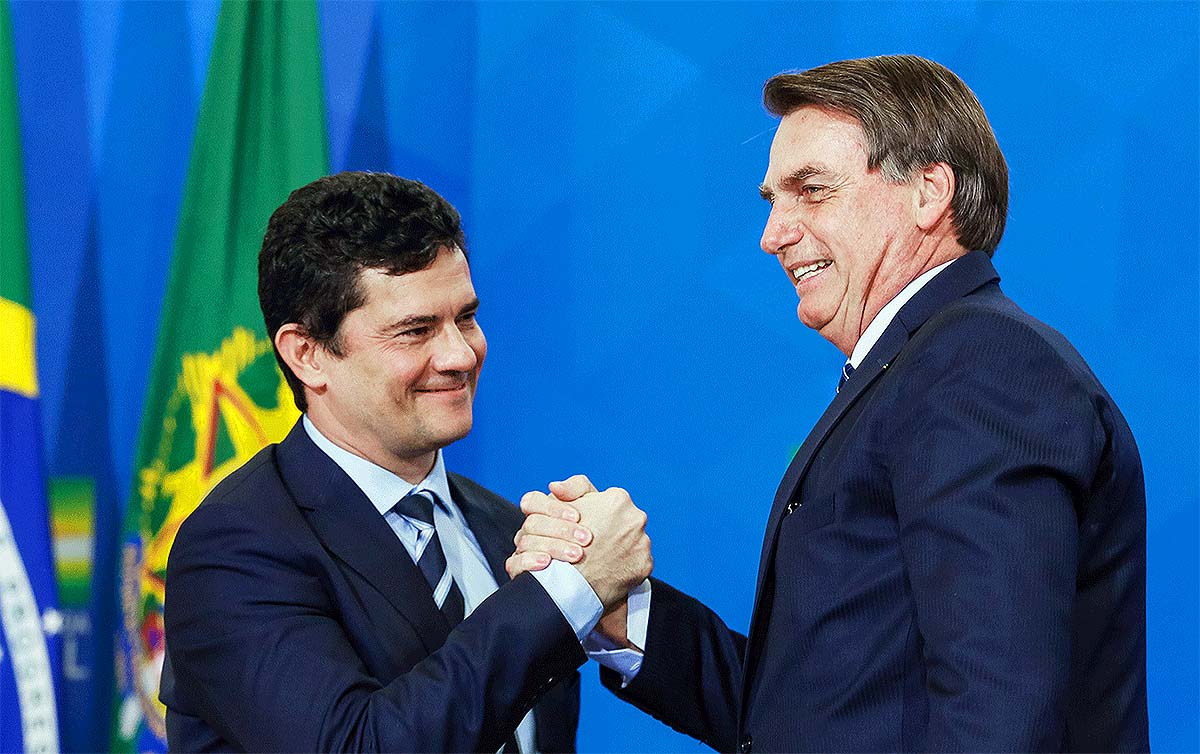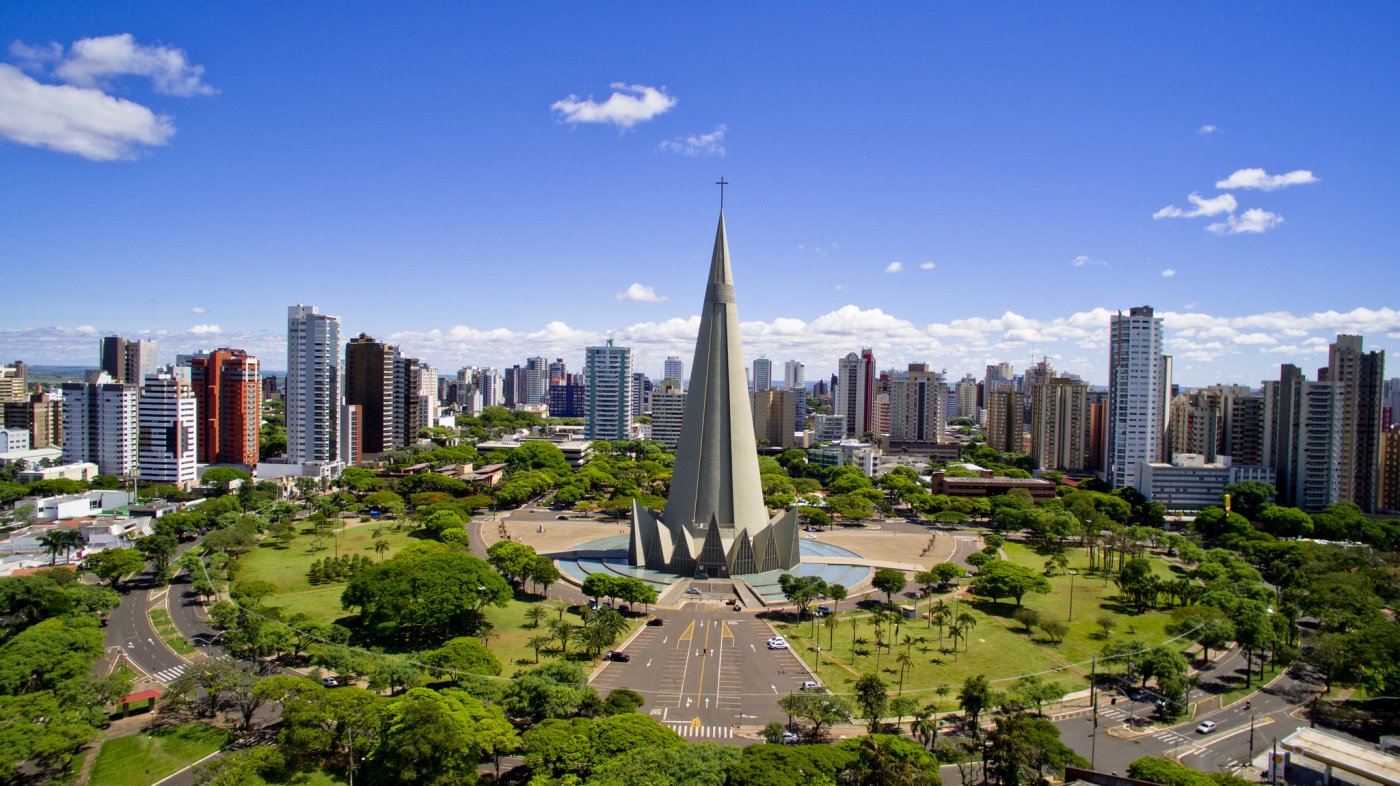RIO DE JANEIRO, BRAZIL – “Don’t mistake apples for oranges.” This is the appropriate popular saying to analyze Mr. Sérgio Fernando Moro’s role in the judiciary, in politics, and in the current context as a former member of the Brazilian Government, of which, it is worth noting, he was a loyal and determined servant in the pre-election period.

It is one thing to fight corruption. A necessary, fair, and tireless fight. Another is the conducting of investigations in order to achieve certain specific goals of a personal, political, and even partisan nature. With the aggravating factor of using the commendable flag of the fight against abuse and ethical misconduct of all sorts and kinds…
In order not to confuse one thing with the other, the premise is simple: to embrace the true scope of the significant public duties, and maintain the required detachment to escape from the “demons” themselves. Ideals are always relevant, but the challenge is to put them into practice.
As a judge in Paraná, Moro violated the neutrality he swore to uphold, and acted criminally, in collusion with other officials, undertaking a relentless and “just cause” persecution against the main political leadership of the country’s progressives.
The backstage of Operation Lava Jato, laid bare by The Intercept Brasil and other major media outlets, including El País, through the publication of messages and recordings exchanged in the context of one of the country’s major investigations, uncovered a perverse pact of promiscuity on the part of the judiciary with part of the Prosecutor’s Office, alongside other important investigative devices.
The content of the conversations reveals that the “three instances” -investigating, accusing and judging- were engulfed in a parallel and symmetrical logic, thereby forfeiting the essential role of acting as “reviewers” of each other; all of them had a single and unmentionable goal.
It is crucial that the Supreme Court will come to realize, in the forthcoming trial, the unequivocal and daring bias with which the then Judge Sérgio Moro conducted the trials under his responsibility. In this specific case, at the risk of further demoralizing our justice system, the nullification of the trial in which ex-president Lula was convicted is the best response and the only way out.
In general, impartiality is abandoned in order to attend to personal vanity – a human dynamo with irrational features – or as a form of conciliation with the outside world and its tentacles. It is when the public agent succumbs to the seduction of economic interests and party-political injunctions. Added to such factors is the media environment: the siren call of the microphones and -in these social media ages- the interaction with hordes of fans eager for the lynching spectacle.
Here, an institutional monster is also born: militant justice, judicial activism, politicization of the judiciary, and the use of law to persecute those who have been declared as enemies (lawfare). By violating impartiality, Judge Sérgio Fernando Moro became involved in the conflict between two entirely distinct and antagonistic political projects, personified by the figures of ex-president Luiz Inácio Lula da Silva and the then-candidate Jair Messias Bolsonaro, the latter an ally of what may be the most backward of all national politics.
Moro’s rulings directly influenced the candidacy of ex-president Lula. Fabricated “in contravention of the law,” disregarding abundant and overwhelming evidence of innocence, they removed from the last presidential election its forthright and undeniable favorite. A few months later -to the amazement and perplexity of the national and international legal communities- Moro went to serve the President whom he decidedly helped to elect.
Not before, however, bargaining for a “pension” devoid of legal backing, the mysterious outlines of which are yet to be clarified. He was also offered the prestigious seat on the Federal Supreme Court. A great embarrassment, to say the least. One could already guess by then what was to come…

The disclosure of intimate recordings between ex-president Lula’s family members, nor the dialogue with the then president of the Republic, Dilma Rousseff, at a crucial moment in the impeachment proceedings, cannot be allowed to pass as a mere blunder.
Manipulated conversations, intended to mislead justices of the country’s highest court, and also with the confessed intention of setting public opinion on fire… All this regrettably went unpunished, undermining institutions and Brazilian democracy itself.
The political project that won the last elections, therefore, relied on the decisive and determined leadership of the country’s leading public agents.
The so-called Republic of Curitiba… The conglomerate of detectives, prosecutors, judges and appellate judges, with well-defined political strategies and electoral goals, however, was unable to justify the unjustifiable. The conviction of an innocent person, in a trial that started from the end, will produce the required re-reading of duties and institutions, for who knows, thus allowing history not to be repeated in the future.
Moro, therefore, is not an antithesis of the Government that until then he had been part of, holding the honorable position of Minister of Justice. In the dispute with the current President of the country, the question remains: what is the position of the man Sérgio Fernando Moro? A potential answer can be found in the film ‘Neruda’.
The narrative of the 2016 French-Argentino-Chilean-Spanish-United States movie, a biographical drama, directed by Pablo Larraín and written by Guilherme Calderón, shows an obscure public official, surrounded by potentially good intentions, but with a frightening obsession with contesting the greatness of Pablo Neruda.
The film was selected as Chile’s representative to the Oscar for best foreign film in 2017. The light that shone on Neruda was the crack that the small bureaucrat glimpsed to become a part of history. In his irrational pursuit, bypassing reality, the law and facts, only one goal mattered: defeat Neruda and thus perform the task that would place his conqueror on the list of the “illustrious Chileans”.
Moro’s likeness to the inquisitorial character is evident. Moro sought in Lula the antagonist that would remove him from the insignificance to which he was already perpetually condemned.
The ex-Minister will certainly have his picture on the walls of the Palace of Justice, in Brasília. But his new agenda now includes the clashes with Bolsonaro, the lynching of digital troops, the investigation of his accusations through the media, and the investigation by the Prosecutor’s Office into his own actions, in particular his omissions.
It is possible that he will grieve the poison that he has so often administered to opponents. He will also face a monumental effort to sever his ties with Bolsonaro, to whom he ran with open arms as a volunteer in the first minute, and even more so, to explain his silences.

His allusion to republicanism in the Lula and Dilma era was fair. The acknowledgment that true democracy preserves the role of institutions of control and inspection is welcome. But at no time does it erase his track record of criminal and shameful collusion in the direction of what Bolsonaro stands for.
Between two major conflicts, he chose authoritarian populism – and for a future seat on the Supreme Court, or for such a poorly explained “pension,” the more malicious would say.
This is the biography of the young man who was born in Maringá. Moro, to our surprise and indignation, seems not to be familiar with the Principle of Impartiality, or, even worse, seems to want such a principle to be selectively applied… It is hard to believe that he has passed a qualifying test as strict as that of the judiciary.
A law on order, and for one’s own benefit, even in the field of bargaining and hypothesis, should already be sufficient to take him to the dock. The very serious and varied allegations need to be ascertained. But let him be granted what he has denied to all the people he has judged. The presumption of innocence.
The fact, and this is the great irony, is that he will need competent attorneys, a profession which he, as magistrate and minister, has always discredited. In his deposition to the Federal Police, he will have required a great deal of juggling to confirm the serious charges he made without incriminating himself.
He better get used to it. From “witness”, he should soon become a subject of investigation. He will sit in the dock, where he should have been sent a long time ago…
The great harm of this current pandemic is the loss of thousands of Brazilians, of all ages and cities in the country. All that remains is to cheer and fight so that the State may effectively act to protect health.
The confluence between the political, economic, and mainly the health crisis, awakens the search for institutional paths able to remove all the evils that are falling on Brazil today. This Government continues to invest in the strategy of building one crisis to solve another.
However, it will not prosper in light of the pressing need to unite all the advocates of democracy and the rule of law. We will march together so that, within the boundaries of law, all appropriate measures are taken against hatred, intolerance, hypocrisy, and the authoritarianism of this nefarious Government and those who served it.
It is time to take care of life and to nurture hope. The country needs change. “The truth is on the march and nothing will stop it’, wrote Emile Zola. So it shall be.
Source: Marco Aurélio de Carvalho, 27th April, in El País

